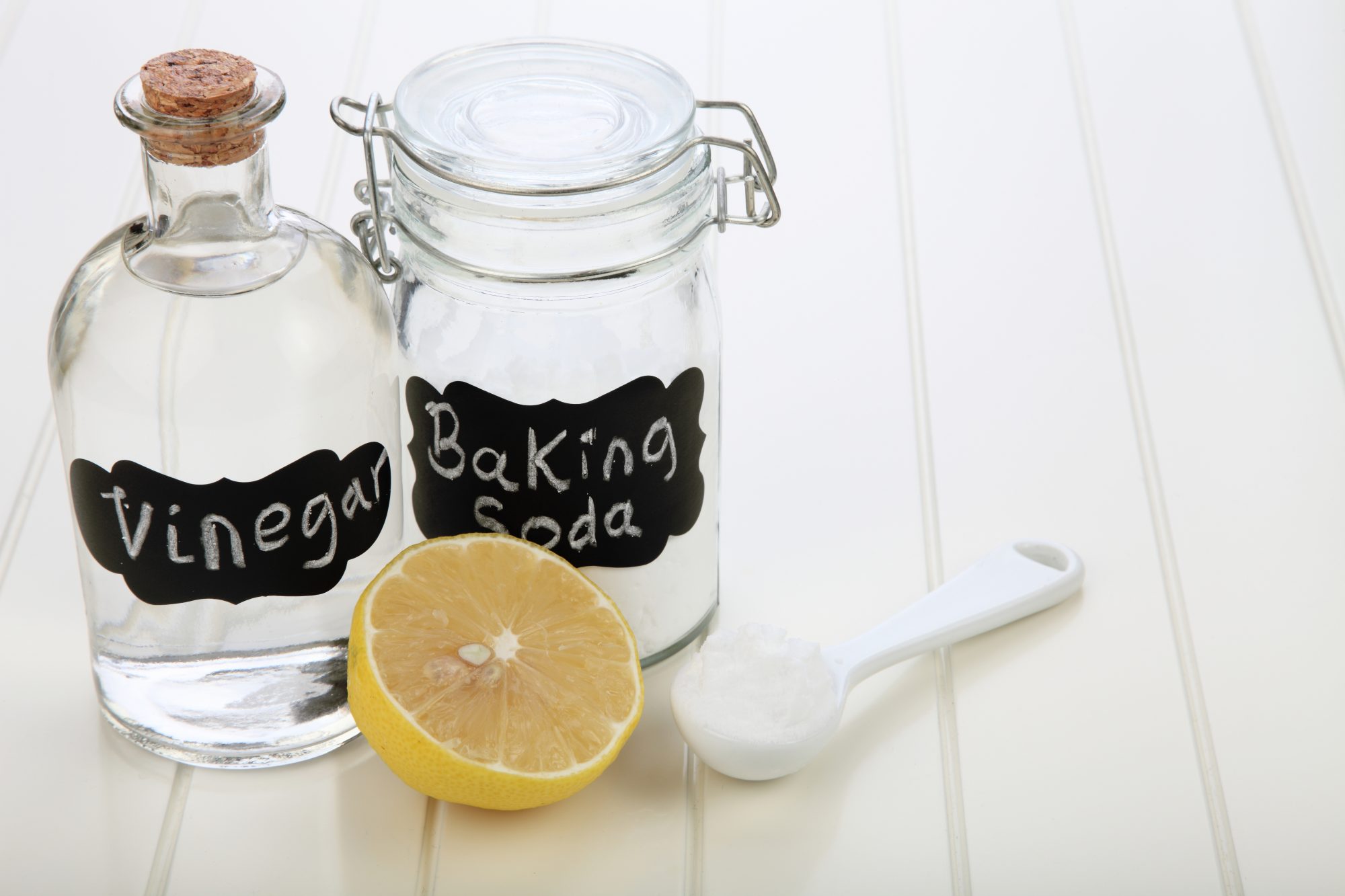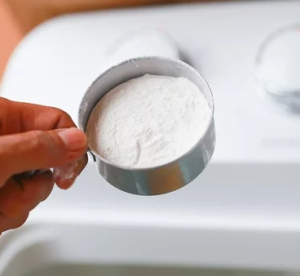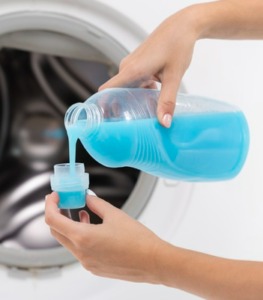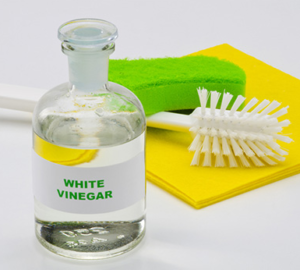5 Must Have Essential Laundry Products
Laundry Items You Should Have On Hand
There are five washing goods you should always have on hand, whether you’re stocking a laundry room for the first time or need some laundry aisle advice. Detergent, oxygen bleach, disinfectant, baking soda, and distilled white vinegar will help keep your clothes spotless.
1. All Fabric Bleach
All fabric bleach or oxygen bleach, which contains sodium perborate or sodium percarbonate, operates more slowly and gently than chlorine bleach. It may be used on all washable materials, with the exception of silk, wool, and leather, as well as all colours and white fabrics. It can be used in water of any temperature.
The chemical element in this bleach oxidises in the wash to help eliminate grime and organic matter while brightening the fabric. Allowing fabrics to soak for at least one hour and up to eight hours will maximise the impact of stain removal, whitening, and brightness. Your perseverance will be rewarded!
Fabrics are not disinfected with oxygen bleach since it does not kill viruses and bacteria.
- Baking Soda
- Laundry Detergent
- White Vinegar
2. Laundry Detergent
You’ll find an almost dizzying choice of laundry detergents in a store’s laundry supplies department. Some claim to be essential for certain materials and styles of clothes.
Detergents are currently available in a variety of forms, including liquid, powder, and single-dose sachets. They’re all quite good at keeping their clothes clean. Liquid detergents, on the other hand, are highly effective on greasy, oily stains and can be used as a stain pre-treater. Powdered detergents are usually less expensive per load than liquid detergents. They work well on clay and dirt that has been ground in. Single-dose detergents are straightforward and convenient to use. On a per-load basis, they are usually more expensive.
Almost all models are now designed to work in high-efficiency front or top load washers; simply seek for the “HE” (high-efficiency) emblem to be sure. Although it may be difficult to find a detergent without the sign, “HE” laundry detergent can be used in a conventional top-load machine.
Remember that pricing isn’t necessarily the best predictor of a detergent’s efficacy, whether you choose liquid, pods, or powder. The key is to glance at the product label’s ingredient list. The detergent will perform better if it contains more active chemicals in the mix, such as stain-dissolving enzymes and soil-lifting surfactants.
You can use a liquid, high-duty detergent (such as Tide or Persil) to pre-treat stains and eliminate the need for a separate stain remover if you choose one that contains enzymes, surfactants, and other compounds to remove most stains and heavy soil.
If you use a cheaper detergent, you’ll need to buy an enzyme-based stain remover as well.
Because they are hypoallergenic and gentler on sensitive skin, detergents designed exclusively for baby’s laundry are available. You can just choose a detergent that is free of fragrances and dyes, as these are the chemicals that most commonly cause skin sensitivities.
3. Baking Soda
Odors and general grime can typically be removed from our clothes since detergent molecules break up bacteria cells and soil. However, in some types of water, the detergent need a boost in order to function properly.
Baking soda prevents the washing water from being overly acidic or alkaline by regulating the pH level. Detergents can operate more effectively to eliminate bacteria and remove soil by adding 1/2 cup of baking soda to each load.
Baking soda is a natural mineral that helps absorb odours from clothes. Baking soda in a tub of water and soaking dirty garments overnight can eradicate odours while being less harmful to the environment than synthetic treatments.
4. White Vinegar Distilled
In the laundry room, distilled white vinegar can be used as a fabric softener, odour removal, and stain remover.
Distilled white vinegar contains a moderate acid that serves as a whitener and brightens dirty laundry. Add 1 cup white distilled vinegar to a large kettle of water to whiten damaged white socks and dingy cotton dishcloths. Bring to a boil, then add the articles. Allow to soak overnight before washing as usual.
By removing any remaining soap and grime from fabrics, using 1/2 to 1 cup distilled white vinegar instead of a commercial fabric softener will leave your garments soft and smelling fresh.
5. Disinfectant
There are instances when the laundry needs to be disinfected, such as after an illness or if someone in the household has an infection. Chlorine bleach, pine oil disinfectants, phenolic disinfectants, and quaternary disinfectants can all be used for this.
When chlorine bleach is used in laundry, it disinfects as well as oxidises the chemical element, which aids in the removal of soil and organic materials. It whitens clothes by eliminating colours that have been left behind by stains or regular filth.
Warning – It’s important to use chlorine bleach correctly since it can harm materials.







